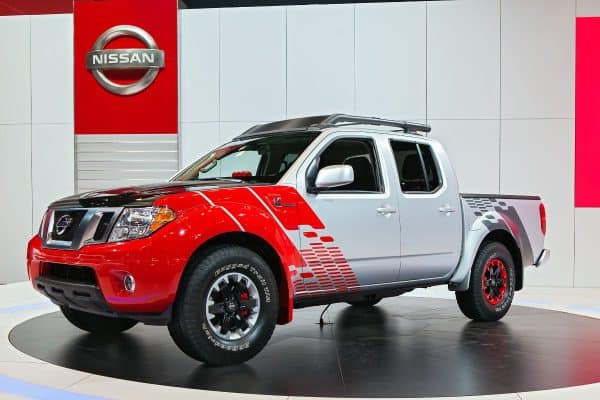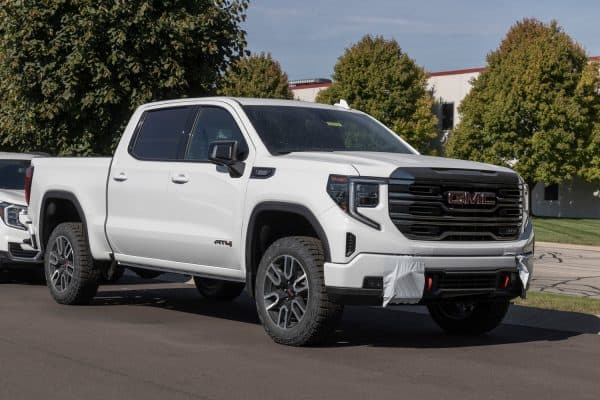If you are moving and are considering renting a box truck or starting a business and need to use one, you might be asking yourself if it is necessary to obtain a CDL. We have researched if having a CDL is required to drive a box truck, and here's what we have found.
Box trucks are large utility vans used to move cargo. The vehicle's weight determines if a commercial driver's license (CDL) is required. In the United States, you can drive a box truck with a gross vehicle weight rating (GVWR) of 26,000 pounds or less without a CDL.
The main purpose of qualifying for a CDL equips the driver with the advanced skills necessary to operate commercial vehicles. Public safety for other commuters and pedestrians is the primary concern.
We've included pertinent information regarding CDL requirements across some states. So, please keep reading to learn more.
Box Trucks: Commercial Movers
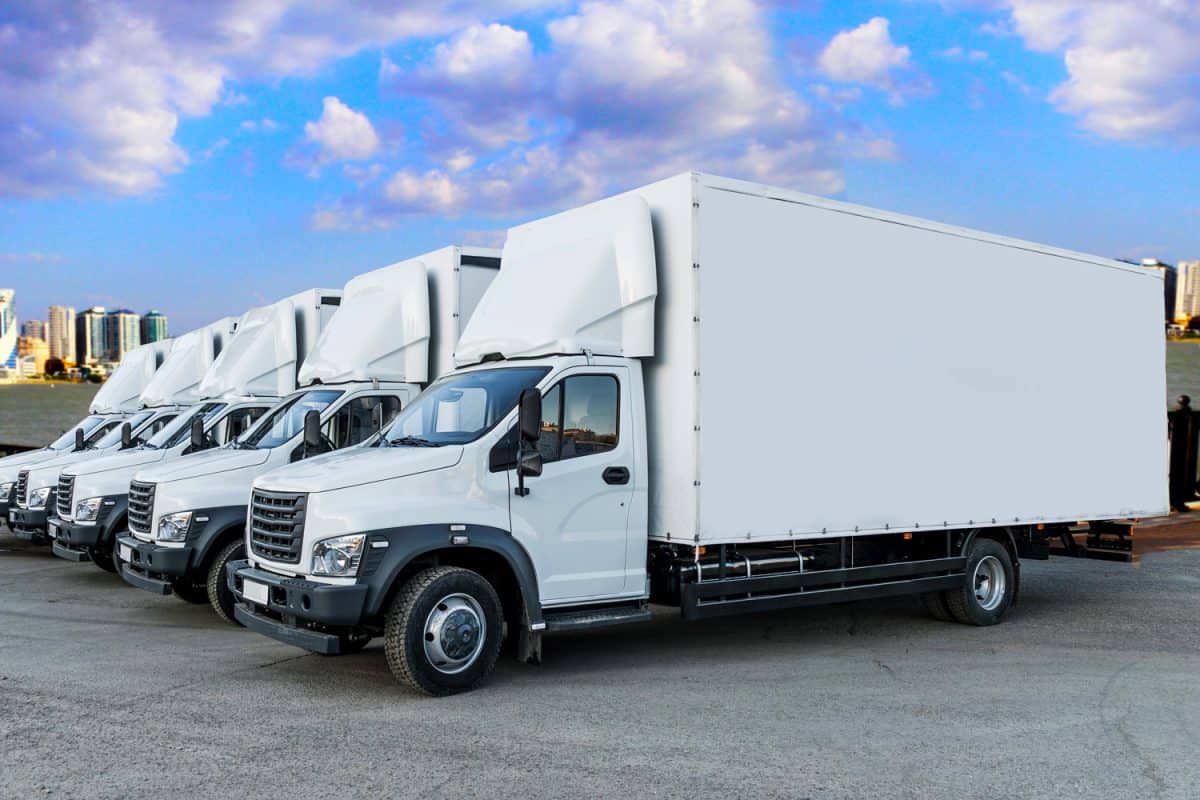
Box trucks are utility vehicles primarily used to transport a wide range of cargo. They are utilized by most companies, businesses, government agencies, and other industries.
They feature a container area separate from the cab that is accessible by a roll-up door at the truck's rear.
Because of its size, a box truck requires more skill than driving a regular car and some states require an upgraded or special license before you can operate one.
They are generally classified as commercial vehicles since they function to provide deliveries and other services, and are usually rented out by agencies for different purposes.
Box Trucks Are CMVs Or Commercial Motor Vehicles

Commercial motor vehicles are any form of transport used to carry goods or passengers for profit.
CMVs include box trucks, semis, vans, buses, taxicabs, and trailers. Operating commercial vehicles requires a special license issued after a training and testing process.
Before 1992, the licensing requirements for commercial vehicles differed from state to state. Only after the implementation of the commercial driver's license was the law standardized in the United States.
A CDL became a requirement if the vehicle meets the criteria of a CMV.
Commercial Driver's License Or CDL: The Basics
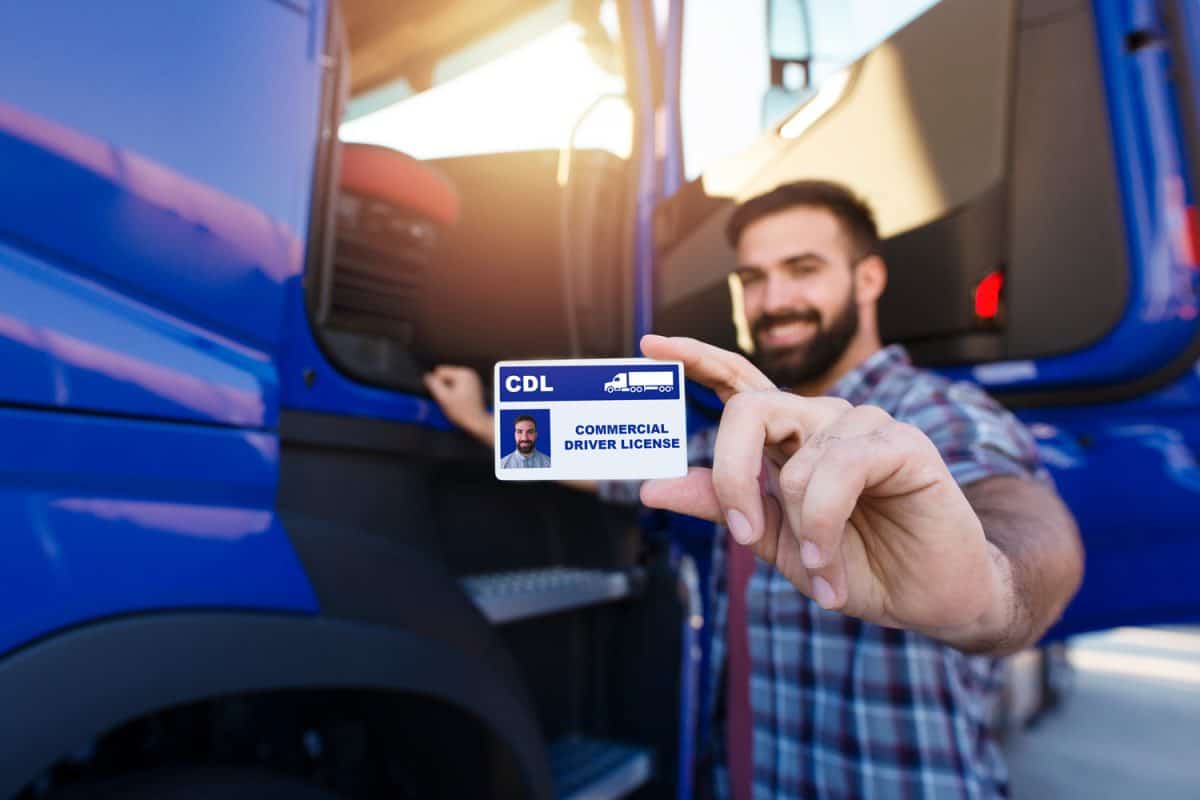
A commercial driver's license or CDL is an upgraded or special permit that allows drivers to operate certain types of motor vehicles such as semis, buses, tankers, and other forms of transport that require certain skills and experience.
CDLs are generally required based on the type and size of the vehicle, the number of passengers transported, and the nature of the cargo.
They are standardized by the gross vehicle weight rating or GVWR. A driver has to undergo written and practical tests and needs to be approved by the proper agency for a CDL.
How To Determine Gross Vehicle Weight Rating (GVWR)
A box truck’s GVWR is determined by several factors including the vehicle’s frame, chassis, cargo weight, driver and passenger, fuels and oils, and specific data particular to each manufacturer.
The GVWR is a fixed figure determined by the company and acquired through vehicle testing. It is usually indicated on a label found inside a truck’s door frame and can be located in the manufacturer’s manual.
CDL Classifications
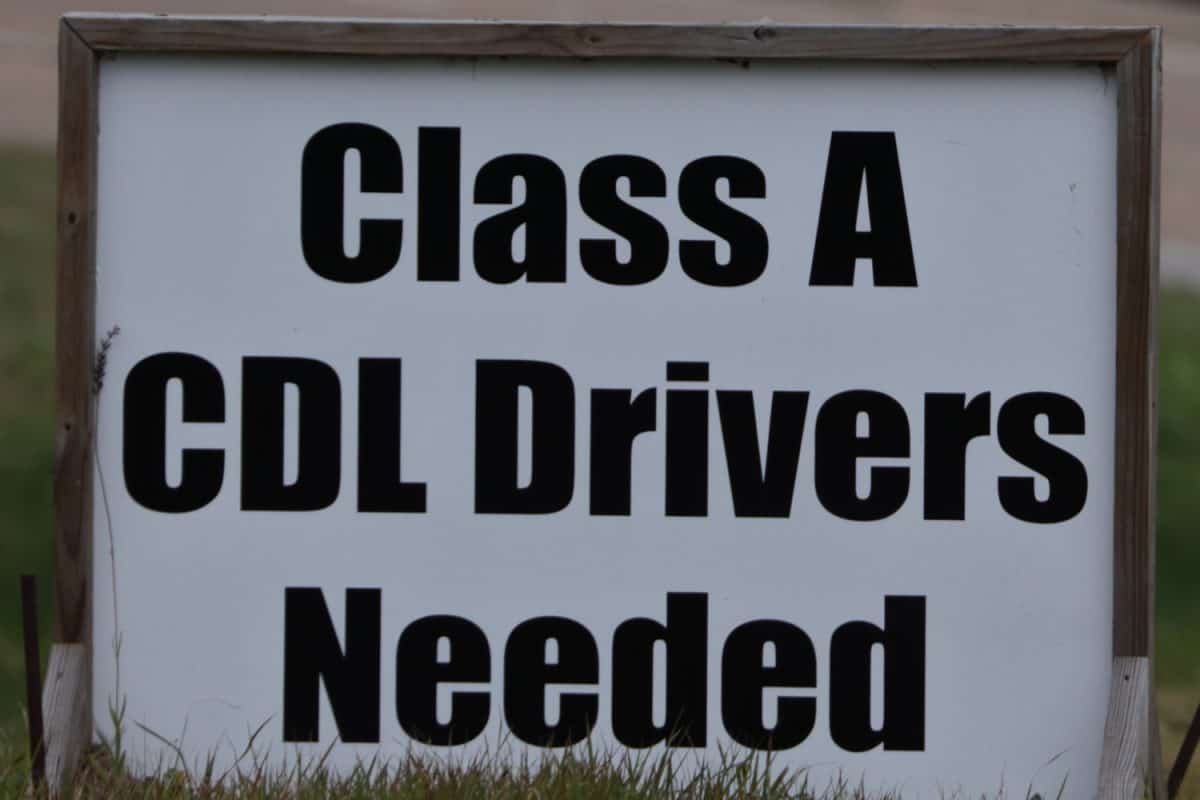
As mentioned, driving a box truck with a GVWR below 26,000 pounds does not necessitate a CDL, however, capacities beyond the limit would require at least a B classification of the license. So, what exactly are the categories?
A Class A CDL qualifies the bearer to operate all types of vehicles including semis, trailers, long-haul trucks, and heavy industrial equipment. It would, however, entail more tests before the application is granted.
Class B CDLs permit the driver to handle box trucks exceeding 26,000 pounds, city, school, and tourist buses as well as passenger vans, delivery trucks, dump trucks, cement mixers, and tilt beds.
Class C CDLs are required for relatively smaller and lighter vehicles designed for the transport of 16 or more passengers or used to carry hazardous or toxic material.
State Laws: CDLs For Box Truck Drivers
![Portrait of middle aged bearded truck driver standing by the truck and showing his commercial driver license. Focus on CDL license. Truck driving school and job openings, Do You Need A CDL To Drive A Box Truck [By State]](https://veasks.com/wp-content/uploads/2022/11/Portrait-of-middle-aged-bearded-truck-driver-standing-by-the-truck-and-showing-his-commercial-driver-license.-Focus-on-CDL-l-1200x800.png)
The succeeding section contains CDL box truck requirements across some states.
In Florida, a CDL is required when driving a truck that weighs 26,000 pounds and above, when moving hazardous chemicals, and carrying more than 26 people.
In California, if the vehicle is used to transport 10 or more passengers, a CDL is required even if it does not exceed the weight limit of 26,000 pounds. If the truck is carrying hazardous wastes and materials, a CDL is also necessary.
In Illinois, Georgia, and Pennsylvania, it is required to have a CDL if you are driving commercial vehicles such as box trucks if its GVWR exceeds 26 000 pounds and if it is transporting hazardous material regardless of the size.
In New York, any person trained to drive a truck or commercial vehicle including box trucks needs a CDL. If you are already a qualified CDL holder from another state, you can trade it for a New York license.
In Texas, all people who are also qualified to drive any commercial motor vehicles including box trucks are required to have a CDL.
What Are CDL Age Requirements?
The minimum age requirement to apply for CDLs is determined by state laws. Most states declare 18 to be the minimum age for a CDL to be issued. Only Hawaii has set the limit at 21.
If the box truck or any similar vehicle is used to move cargo across state lines, the Federal Motor Carrier Safety Administration (FMCSA) requires the drivers to be at least 21 years of age.
In New Jersey, 21 is the minimum age requirement if the vehicle has a passenger endorsement, that is, it is primarily used to transport a certain number of people on a regular basis.
Just last year, New York lowered the minimum age of Class A CDL eligibility from 21 to 18 joining all other states with the exception of Hawaii.
In Texas, the minimum age for driving within the state is 18, and 21 if the CDL holder crosses state boundaries.
Do You Need Training For A CDL?

Training prerequisites differ in each state, Ohio, for instance, requires 160 hours of combined theoretical and practical on-the-road operation.
The programs are designed to gear potential truck drivers to comply with transportation laws and equip them with basic skills of road maneuvering. The course includes map reading, route and trip planning, backing, turning, and overall road driving with larger, specialized vehicles.
What Are The 3 Tests For CDL Permit?
Student drivers applying for a CDL are required to undergo a series of tests including a written exam to obtain a learner's permit, and the general knowledge exam to acquire a commercial learner permit which comprises of 50 questions.
After passing the exams, the applicant must complete the CDL Skills Test which generally includes vehicle inspection, a written exam regarding highway safety and the various components of a truck, and lastly, a driving exam of the specific vehicle the applicant intends to drive.
In Closing
Commercial vehicles should be driven by qualified personnel, as such, an applicant must acquire a CDL for driving box trucks, passenger buses, trucks transporting hazardous wastes, and other similar vehicles for safety since it qualifies as an occupation.
We hope the article has answered your queries regarding CDL.
You might also be interested in these topics:

